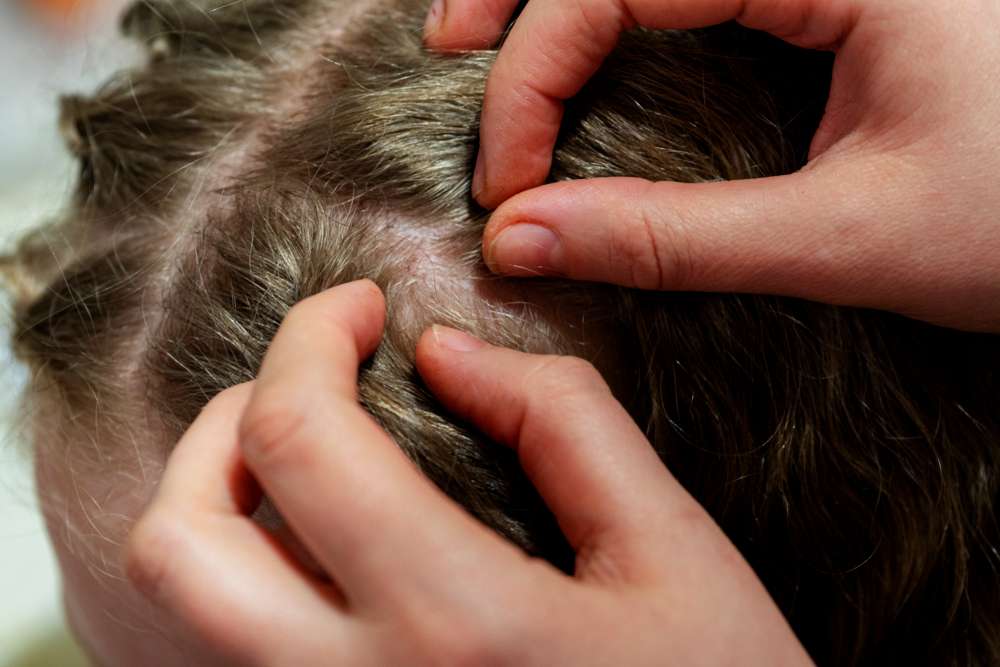Scalp Psoriasis: Early Signs You Shouldn’t Ignore
Scalp psoriasis is a chronic skin condition that causes red, scaly patches on the scalp, leading to discomfort and itching. While it’s not contagious, it can significantly affect quality of life if left unmanaged. Early recognition of the symptoms and understanding how to care for the scalp can help reduce flare-ups and improve overall scalp health. Knowing the key signs is essential for timely treatment and relief.

What Are the Typical Symptoms of Scalp Psoriasis?
The hallmark signs of scalp psoriasis often begin subtly but can progress if left untreated. Common early symptoms include:
-
Fine, powdery flaking similar to dandruff
-
Red, raised, inflamed areas on the scalp
-
Silvery-white scales that may extend beyond the hairline
-
Dry patches that may crack or bleed
-
Burning or tingling sensations
-
Temporary hair loss in severely affected areas
How Does Scalp Psoriasis Differ From Other Scalp Conditions?
While scalp psoriasis shares some similarities with other conditions, several distinctive features set it apart:
-
Dandruff typically produces smaller, looser flakes and doesn’t cause inflammation
-
Seborrheic dermatitis usually appears yellowish and greasy, unlike the silvery-white scales of psoriasis
-
Scalp psoriasis patches are typically thicker and more clearly defined
-
The condition often extends beyond the hairline onto the forehead, neck, or behind the ears
Why Is Monitoring Itching and Inflammation Critical?
Tracking scalp psoriasis symptoms is essential for several reasons:
-
Intense itching can lead to infection if scratching breaks the skin
-
Inflammation may indicate worsening of the condition
-
Changes in symptom severity can help identify triggers
-
Regular monitoring helps evaluate treatment effectiveness
-
Early intervention can prevent complications and reduce discomfort
How Does Scalp Psoriasis Impact Daily Life?
The effects of scalp psoriasis extend beyond physical symptoms:
-
Social anxiety due to visible flaking
-
Difficulty with hairstyling and hair care routines
-
Restricted clothing choices to avoid showing flakes
-
Sleep disruption from itching and discomfort
-
Emotional stress, which can trigger further flare-ups
Treatment Options and Their Effectiveness
Various treatment approaches are available for managing scalp psoriasis:
| Treatment Type | Method | Typical Effectiveness |
|---|---|---|
| Medicated Shampoos | Over-the-counter | Mild to moderate relief |
| Topical Steroids | Prescription | High effectiveness for most cases |
| Systemic Medications | Oral or injectable | Significant improvement in severe cases |
| Light Therapy | Professional treatment | Moderate to high effectiveness |
Prices, rates, or cost estimates mentioned in this article are based on the latest available information but may change over time. Independent research is advised before making financial decisions.
Managing Long-term Symptoms
Successful long-term management typically involves:
-
Consistent use of prescribed treatments
-
Regular scalp care routine
-
Identification and avoidance of triggers
-
Stress management techniques
-
Regular medical follow-up
Understanding and recognizing early signs of scalp psoriasis enables prompt intervention and more effective management of this chronic condition. While there is no cure, proper treatment and care can significantly improve symptoms and quality of life.
This article is for informational purposes only and should not be considered medical advice. Please consult a qualified healthcare professional for personalized guidance and treatment.




